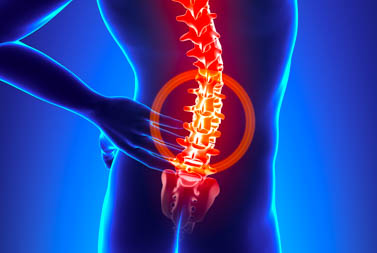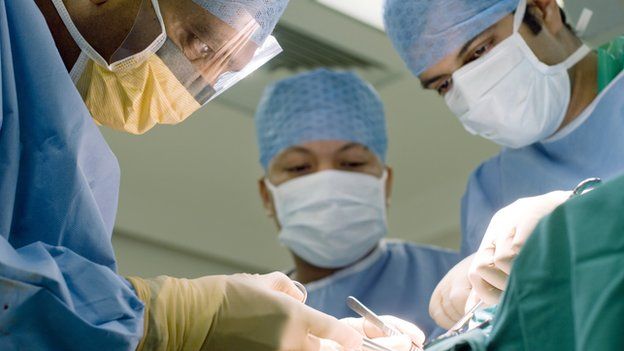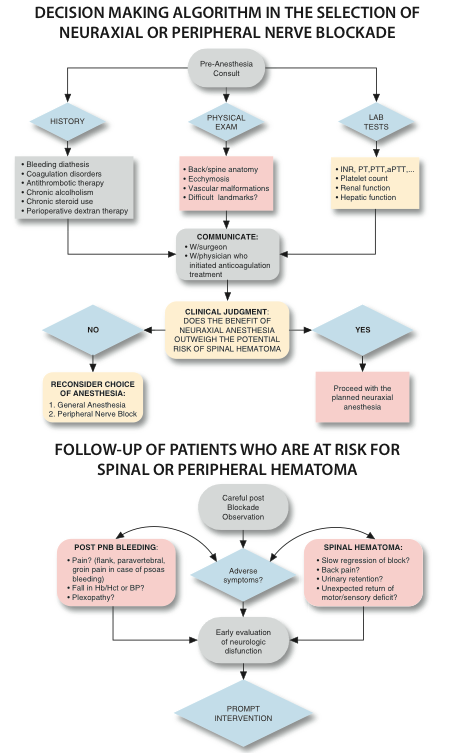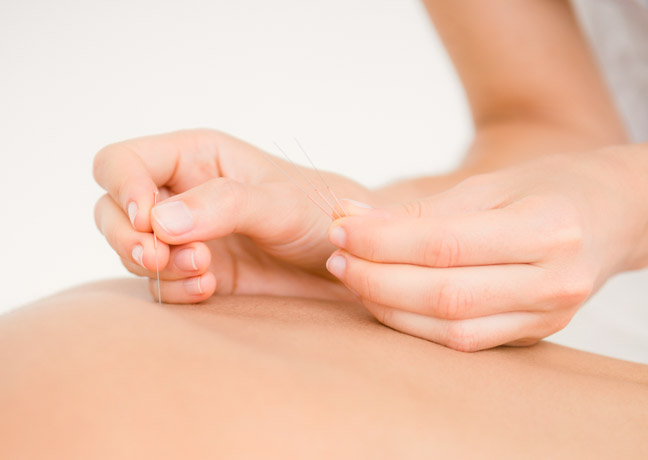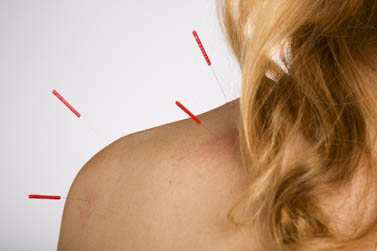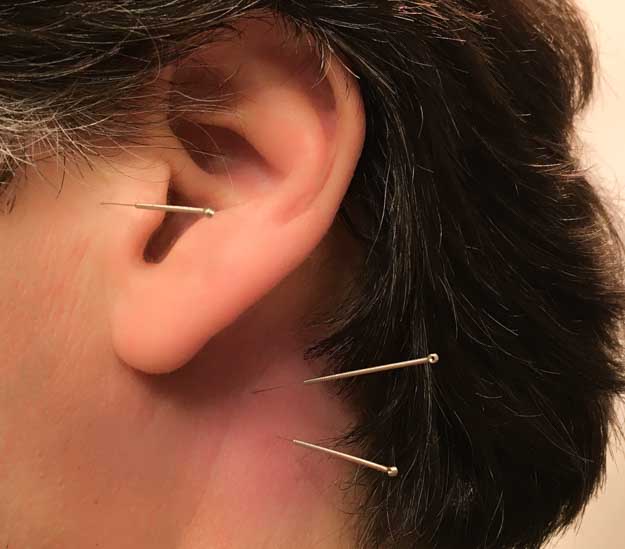Pain treatment is complex and can cause more harm than good if it is not provided by a pain medicine specialist. Physician anesthesiologists complete four years of medical school, four years of training in anesthesiology and pain medicine, and an additional year of training to become experts in treating chronic pain. This expertise is essential to completing a comprehensive evaluation and making a diagnosis to guide treatment. If interventional therapies are considered, real expertise is critical since the spine and nerves that register pain are delicate and everyone’s anatomy may be different. In addition, many of the medications used to treat pain are strong or may interact with other medications and can be harmful if not administered by a physician with appropriate training.
More...

